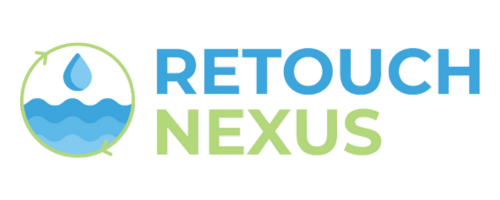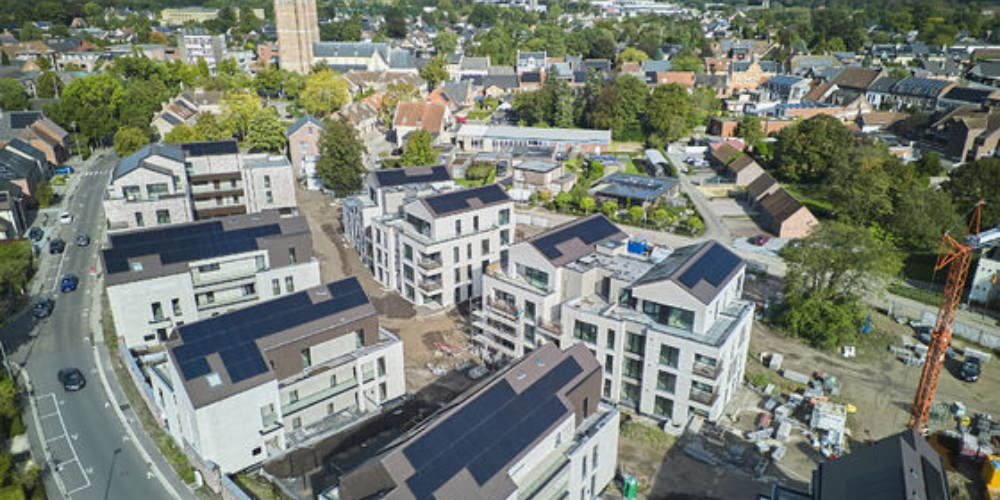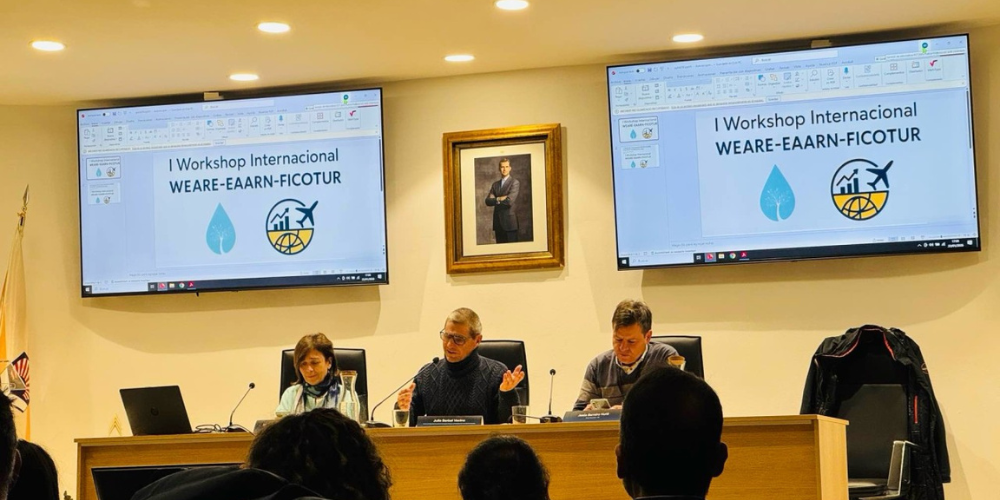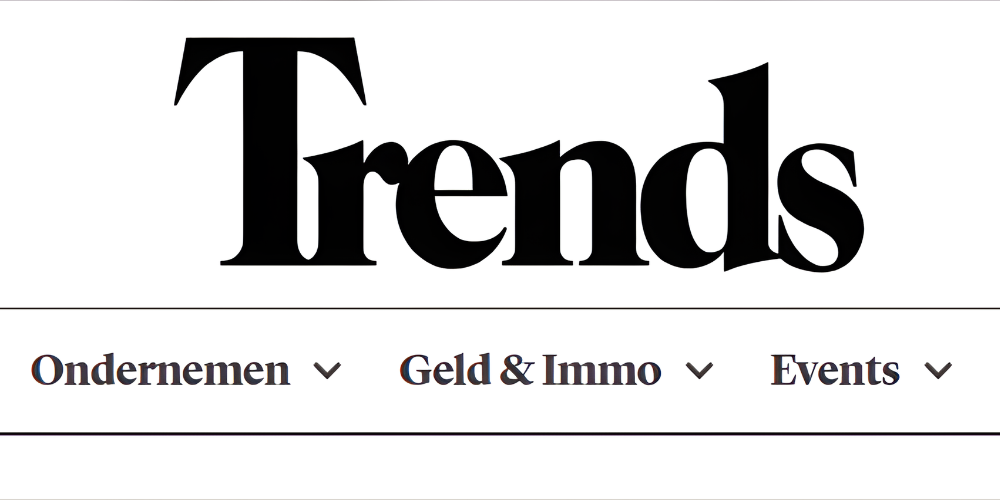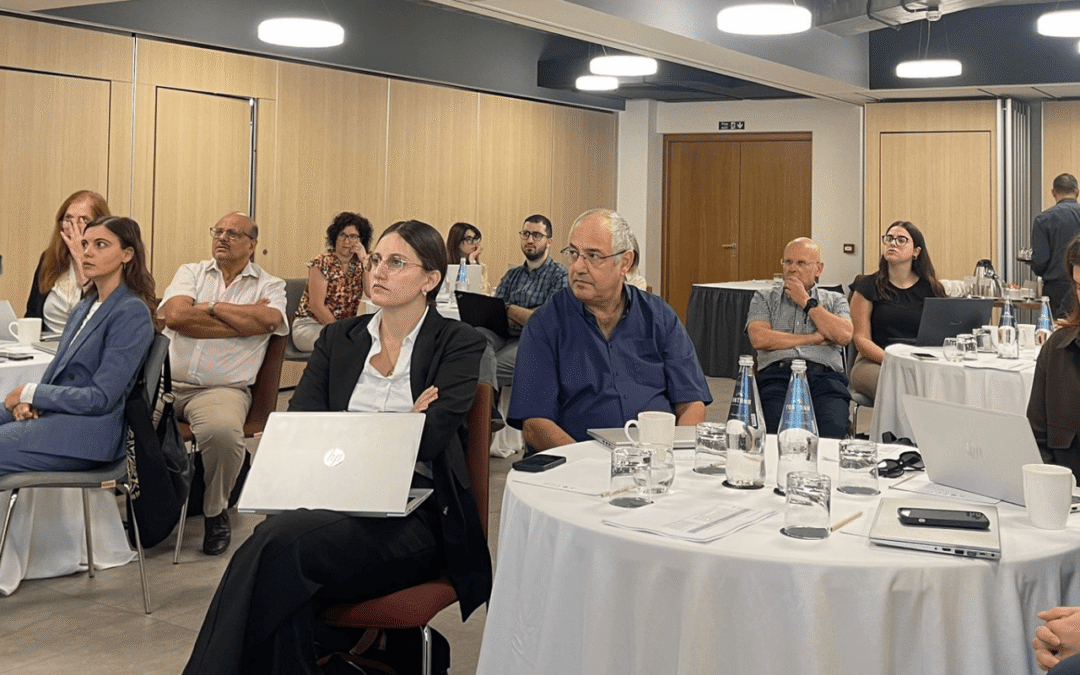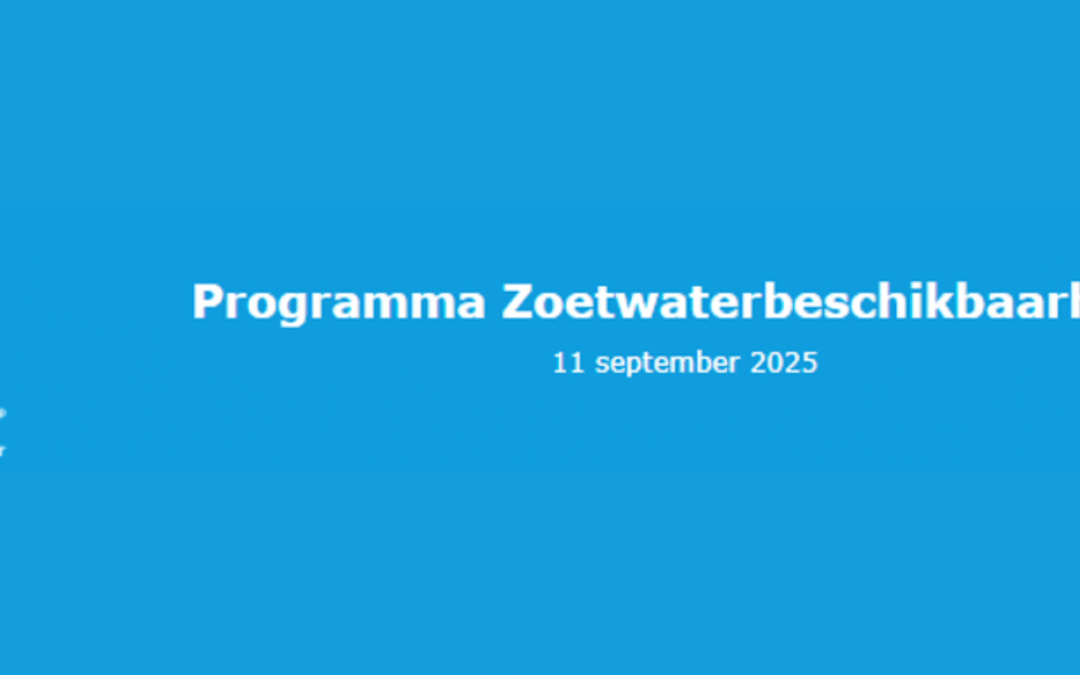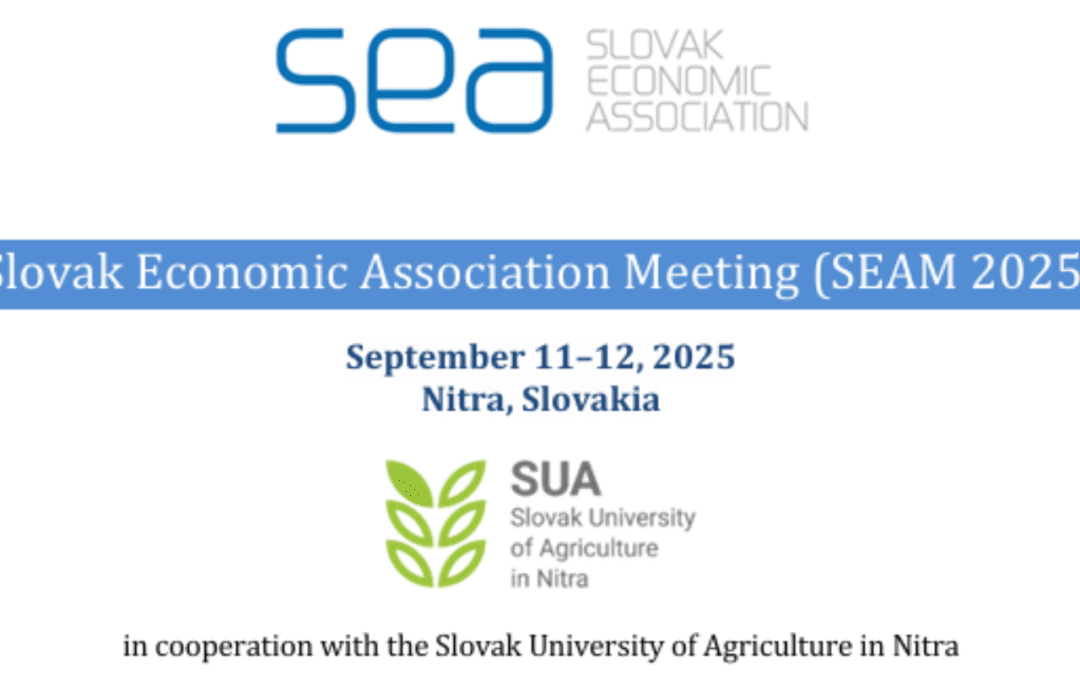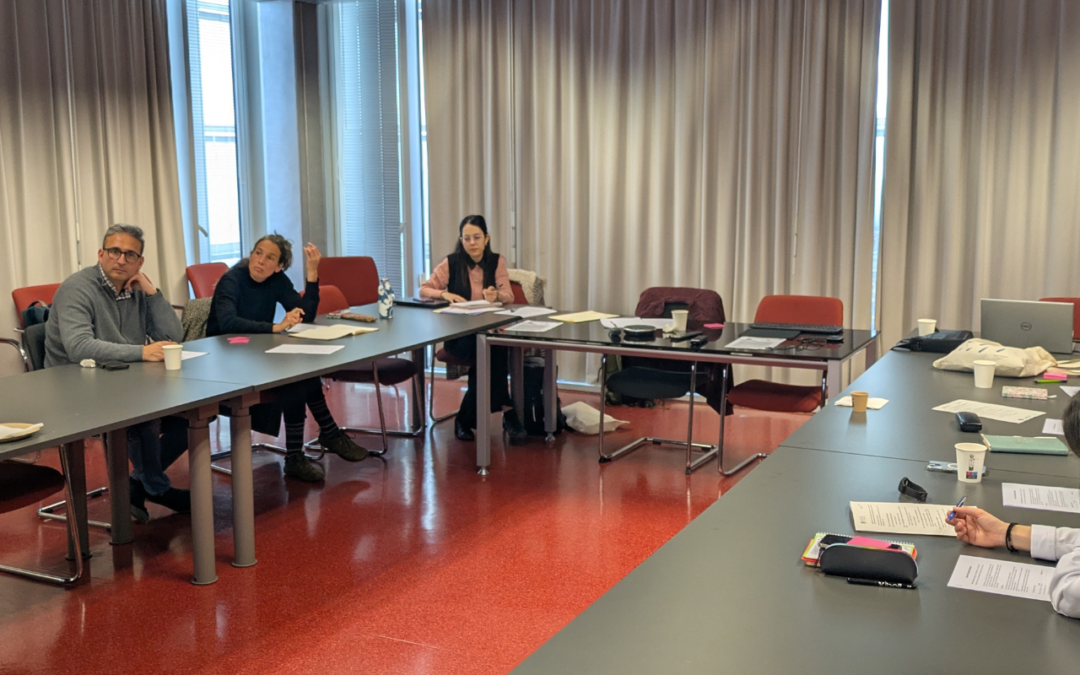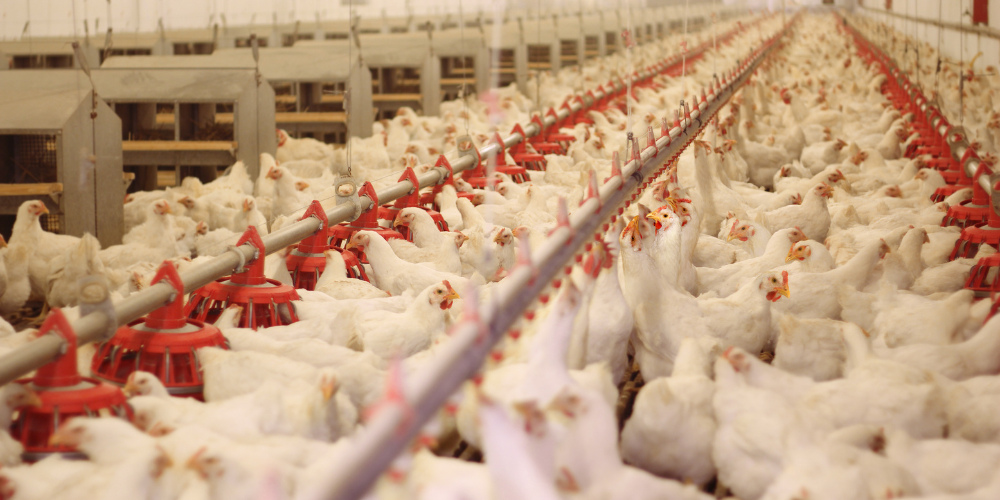On September 3, 2024, a resident information meeting was held at Peer Library, bringing together the future co-owners of Agnetenpark Peer, a newly developed residential area.
As part of the ongoing development of Agnetenpark Peer, a newly developed residential park in Belgium, a key stakeholder engagement event was held to inform future residents about important operational details and sustainable initiatives, particularly regarding the innovative household water system.
This event took place on September 3, 2024, at the BICC – Bibliotheek en Cultuurcentrum Peer (Library and Cultural Center) and gathered 30 co-owners for a two-hour session.
A Focus on Sustainability and Collective Responsibilities
The primary goal of the meeting was to inform residents about various aspects of the residential park’s community management, from the financial responsibilities to maintenance and collective provisions. One of the standout features of the development is its household water system, a sustainability-driven initiative aimed at reducing environmental impact while ensuring cost neutrality for residents.

A presentation by De Watergroep, the company responsible for managing the water system, provided attendees with a detailed overview of the household water infrastructure, including the system’s functionality, initial investments, and monthly costs that residents would incur. The presentation also emphasized that despite the sustainable objectives of the system, the costs for residents would be similar to traditional drinking water expenses, making it a viable and environmentally-friendly alternative.
Interactive Q&A: Addressing Resident Concerns
After the presentation, a short Q&A session allowed residents to raise questions and seek clarification. Several important concerns were addressed, including the price comparison between household water and drinking water, access limitations, and the use of water for irrigation within the residential area.
One of the key questions raised was whether the household water system would be cost-effective compared to drinking water. The response reassured residents that for a typical household with average consumption, the cost of the household water system would be comparable to the cost of drinking water.
Another common question was about the availability of household water. Residents were informed that while the system aims to provide ample supply, there would be a limit to household water usage. If the system’s supply is exhausted, a supplementary 600 m³ of drinking water would be available, with the usage being measured and billed accordingly.
Finally, concerns were raised regarding the irrigation of the park’s vegetation. While this decision would ultimately be confirmed by the developer, residents were reassured that the landscaping was designed with sustainability in mind, incorporating drought-resistant plants that require minimal water.
Building Trust and Transparency
The success of this stakeholder engagement session lay in its ability to inform and engage the future residents of Agnetenpark Peer in a meaningful and transparent way. The event fostered trust by addressing practical concerns and demonstrating the developer’s commitment to sustainability and long-term value for the residents.
For many participants, this was the first step in understanding their role within the collective community of Agnetenpark Peer. By providing clear and accessible information on everything from financial responsibilities to system operations, the meeting helped to lay a strong foundation for ongoing communication and collaboration.
Next Steps for Continued Engagement
The next steps following this engagement activity include further communication efforts by De Watergroep to ensure residents have easy access to information about the household water system. These efforts will include the creation of a dedicated webpage and a printed informational folder. Additionally, a feedback questionnaire will be developed to gather residents’ experiences and perceptions about their household water usage, which will help guide future improvements.
This event also reinforced the developer’s commitment to sustainability, highlighting that the integration of the household water system was not driven by economic factors but by a broader environmental responsibility. By communicating this clearly to residents, the developer hopes to foster a sense of shared purpose and community involvement in the project’s ongoing success.
Conclusion
The Agnetenpark Peer stakeholder engagement activity provided invaluable insights into the concerns and expectations of future residents, while also showcasing the developer’s commitment to sustainability and transparent communication. By continuing to engage with residents in meaningful ways, the development will not only meet its environmental goals but also build a strong, informed community that thrives on shared values and collective responsibility.
